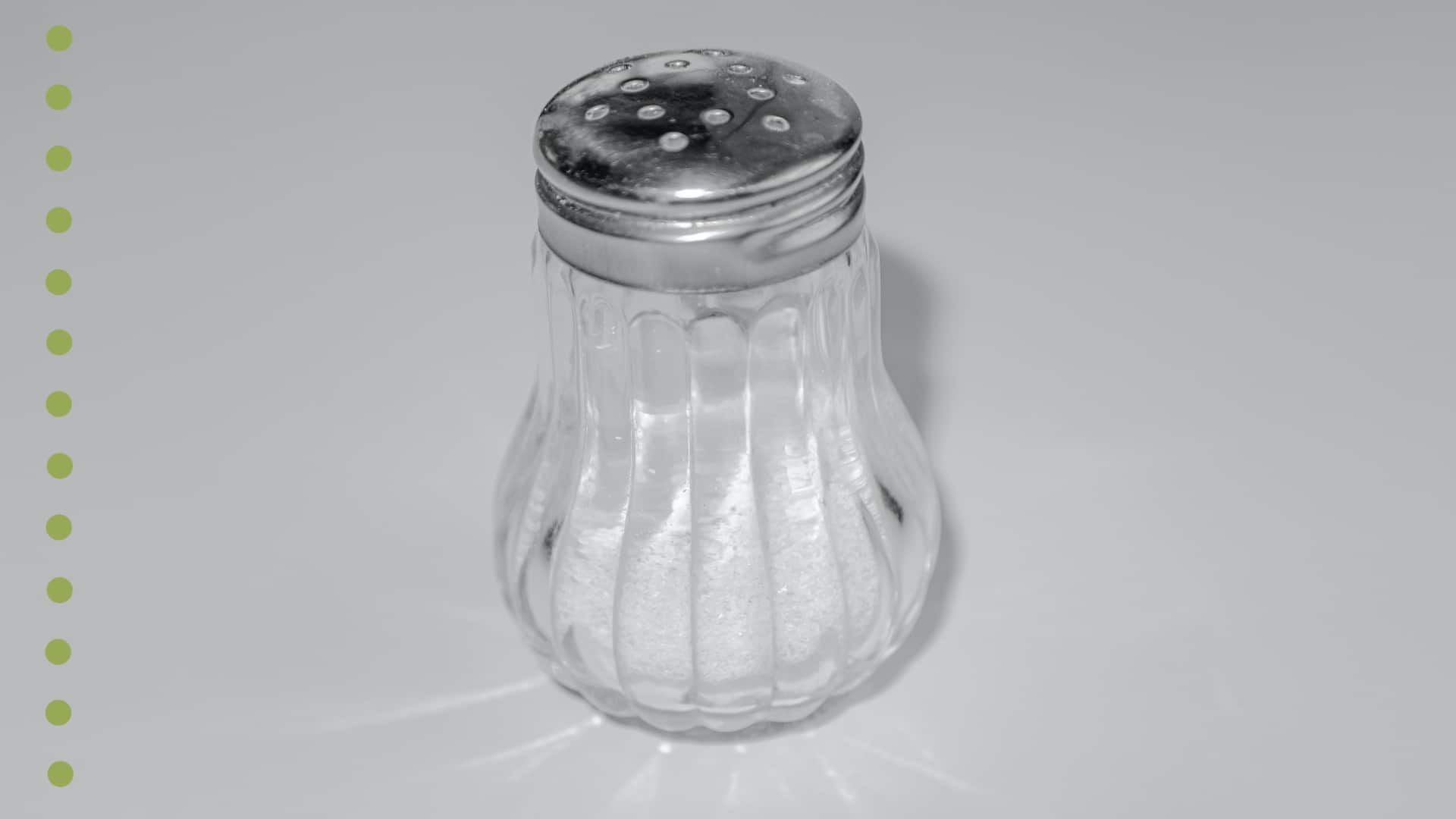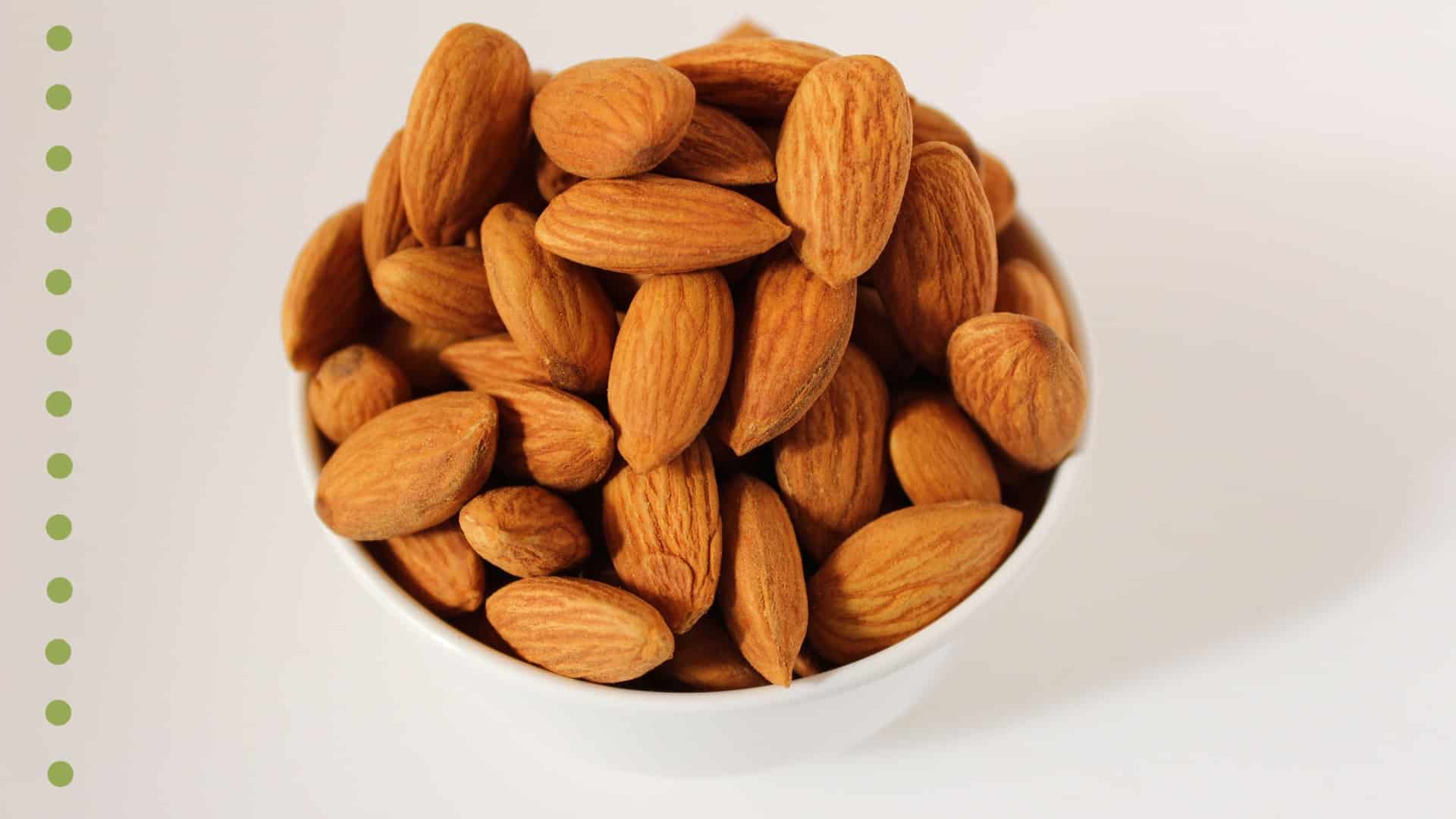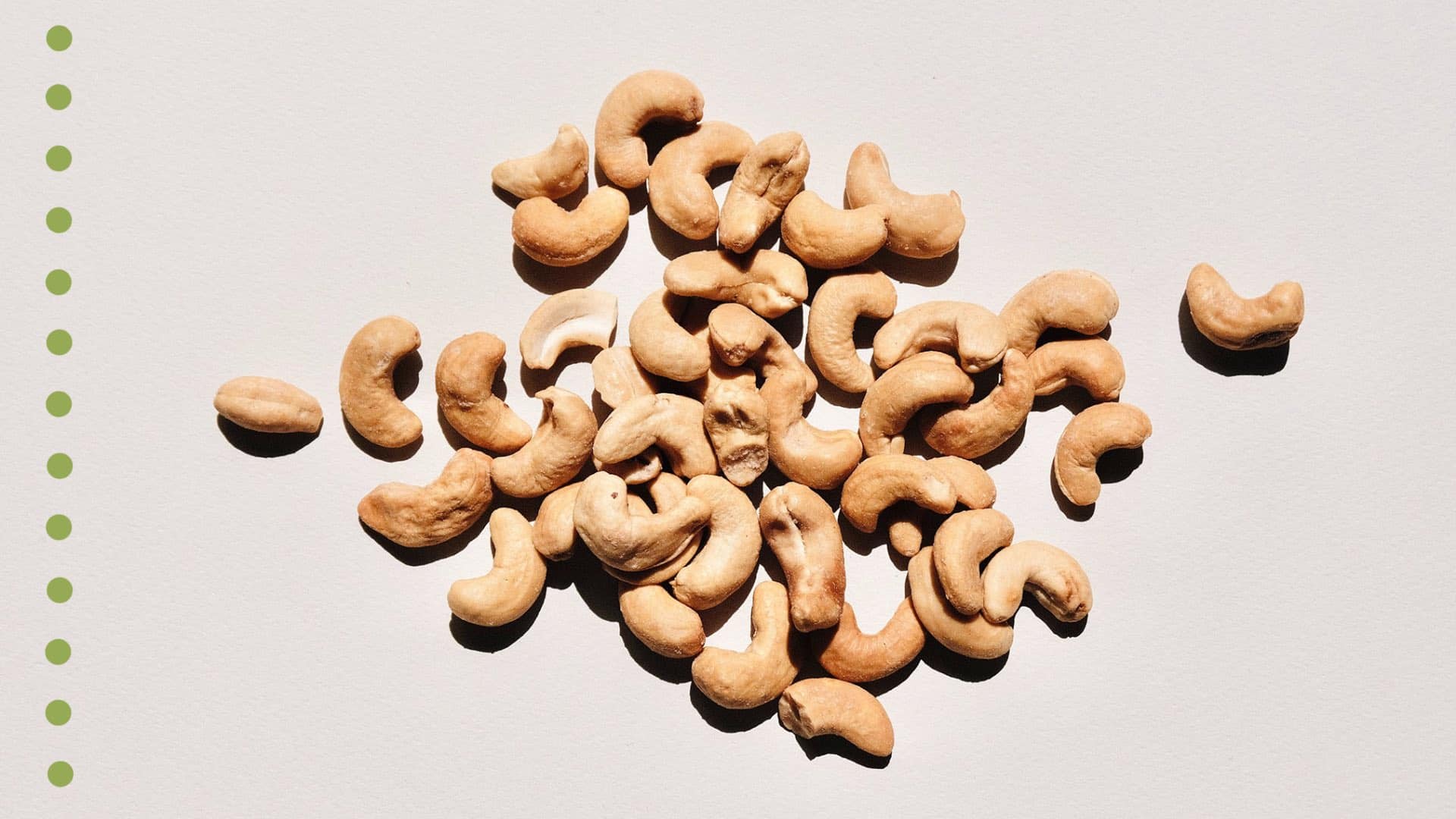-

-

Vitamin B3 (Niacin)
Vitamin B3 (niacin) is a water-soluble nutrient that helps your body convert food into energy, create cholesterol and fats, create and repair DNA, and has antioxidant effects.
Read More -

Vitamin B2 (Riboflavin)
Vitamin B2 (also known as riboflavin) is a water-soluble nutrient that’s naturally present in some foods, added to some food products, and available as a dietary supplement. Vitamin B2 plays a key role in the growth of cells, energy production, and processing fats, steroids, and medication.
Read More -

-

-

-

Vitamin B1 (Thiamine)
Vitamin B1, also known as thiamine, is one of eight B vitamins. This water-soluble nutrient enables your body to use carbohydrates as energy.
Read More -

-

Iron
Iron is an important mineral that keeps blood healthy. It’s a major component of hemoglobin, a type of protein in red blood cells that carries oxygen from the lungs to all parts of the body. Without enough iron, there aren’t enough red blood cells to transport oxygen, which leads to fatigue.
Read More -

-

-

Molybdenum
Molybdenum is an essential trace mineral that occurs naturally in foods and is available in supplements. It is a component of four different enzymes in the body that help break down proteins, alcohol, drugs, and toxins.
Read More -

-

-

-

-

-

-

Fluoride Deficiency
Fluoride deficiency is rare, since most people get adequate amounts from food and fluoridated tap water. A fluoride deficiency can lead to dental caries (tooth decay) and potentially bone problems. Most public water supplies have added fluoride, which helps meet the requirements of fluoride in the body for dental health.
Read More -

Potassium Deficiency
Despite its importance, many adults don’t get their recommended daily amount of potassium. This is often attributed to diets high in processed foods.
Read More
DISCOVER FILTERS
-
Abnormal heart rate
-
Aggressive behavior
-
Anemia
-
Bleeding gums
-
Blood in stool
-
Blood in urine
-
Bloody nose
-
Bone deformities
-
Bone fractures
-
Bone weakness
-
Bright red tongue
-
Brittle nails
-
Bruising
-
Burning of feet
-
Burning of hands
-
Canker sores
-
Cardiovascular issues
-
Cataracts
-
Cavities
-
Changes in color of fingernails
-
Changes in color of hair
-
Changes in color of skin
-
Chronic inflammation
-
Coma
-
Confusion
-
Constipation
-
Cracked lips
-
Cracks at the corners of mouth
-
Delayed development in infants
-
Dental abnormalities
-
Depression
-
Diarrhea
-
Difficulty concentrating
-
Dry skin
-
Enlarged heart
-
Excess blood
-
Extremely sensitive hearing in infants
-
Fatigue
-
Frequent infections
-
Glossitis
-
Goiter
-
Gum inflammation
-
Hair depigmentation
-
Hair loss
-
Hallucinations
-
Headaches
-
Heart palpitations
-
Heartburn
-
Hemolytic anemia
-
High cholesterol
-
Hyperemia
-
Increased infections
-
Infertility
-
Irregular heart rate
-
Irregular patches on the white of eyes
-
Irritability
-
Itchy eyes
-
Itchy rash
-
Itchy skin
-
Joint pain
-
Lethargy
-
Lightened patches of skin
-
Lightheadedness
-
Loosening of teeth
-
Loss of appetite
-
Loss of balance
-
Loss of concentration
-
Loss of coordination
-
Loss of hair color
-
Loss of sensation
-
Loss of smell
-
Loss of taste
-
Megaloblastic anemia
-
Memory loss
-
Mood changes
-
Mood swings
-
Mouth lesions
-
Muscle cramps
-
Muscle paralysis
-
Muscle weakness
-
Nausea
-
Neck lump
-
Nerve damage
-
Night blindness
-
Numbness
-
Numbness in fingers
-
Open sores in mouth
-
Open sores on tongue
-
Osteoporosis
-
Other skin conditions
-
Pale skin
-
Paranoid behavior
-
Pernicious anemia
-
Personality changes
-
Poor appetite
-
Poor reflexes
-
Premenstrual pain
-
Rapid heartbeat
-
Red eyes
-
Reduced response to blood sugar (glucose)
-
Reduced sensation in feet
-
Reduced sensation in hands
-
Reproductive problems
-
Respiratory tract infections
-
Restlessness
-
Rickets
-
Rough skin that turns red or brown in the sun
-
Scaly skin
-
Scaly skin on lips
-
Scaly skin rashes around eyes
-
Scaly skin rashes around mouth
-
Scaly skin rashes around nose
-
Seizures
-
Seizures and subsequent death in infants
-
Seizures in infants
-
Sensitivity to cold
-
Shortness of breath
-
Skin disorders
-
Skin rash
-
Sleeping problems
-
Slow growth
-
Slow growth in children
-
Slow wound healing
-
Sluggishness in infants
-
Sore throat
-
Soreness of mouth
-
Soreness of tongue
-
Split hair
-
Stomach pain
-
Suicidal behavior
-
Swelling of mouth
-
Swelling of throat
-
Swollen tongue
-
Teeth loss
-
Thinning hair
-
Tingling
-
Tingling in fingers
-
Tingling in hands
-
Tingling in legs
-
Tingling in skin
-
Tooth damage
-
Tooth decay
-
Tooth loss
-
Ulcers on the cornea of eyes
-
Vomiting
-
Weak immune system
-
Weak muscle tone in infants
-
Weakness
-
Weight gain
-
Weight loss